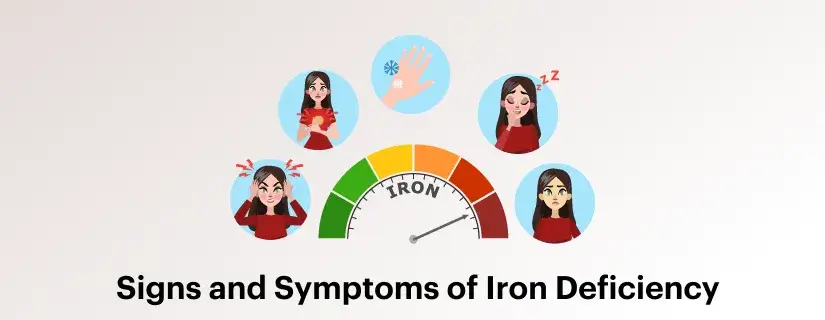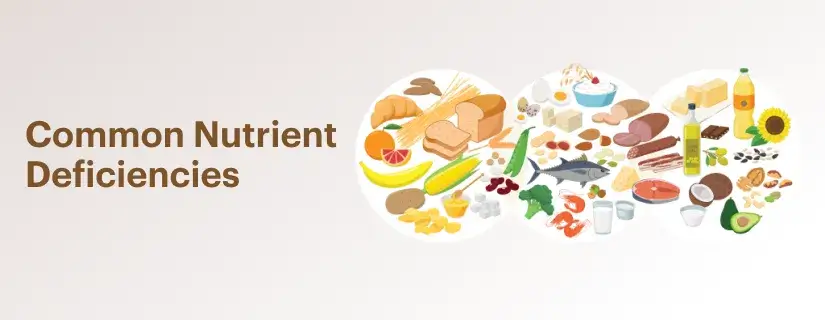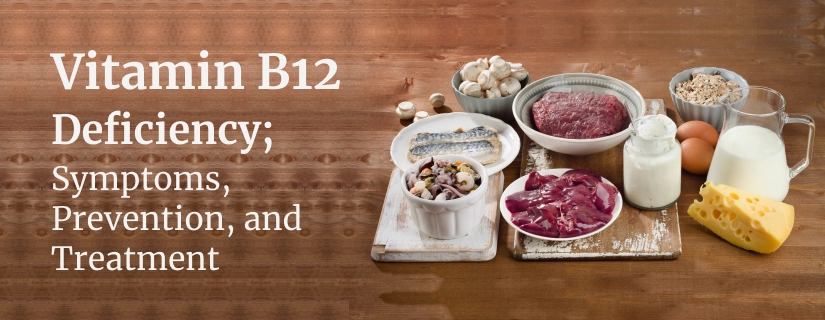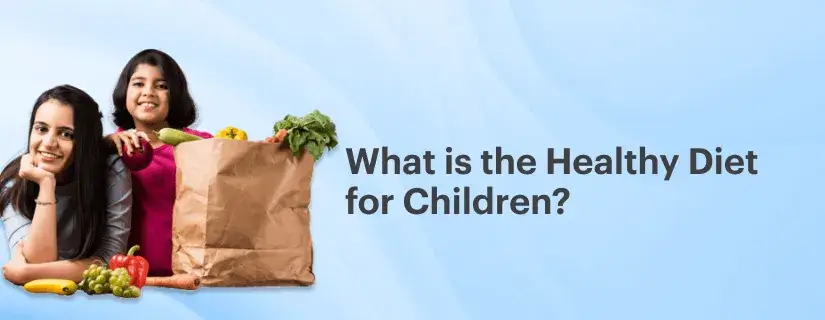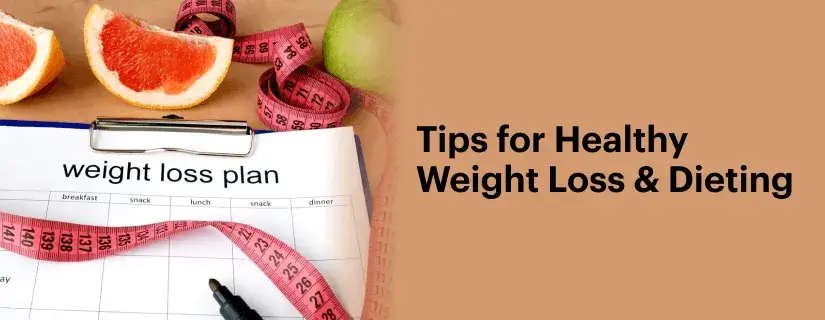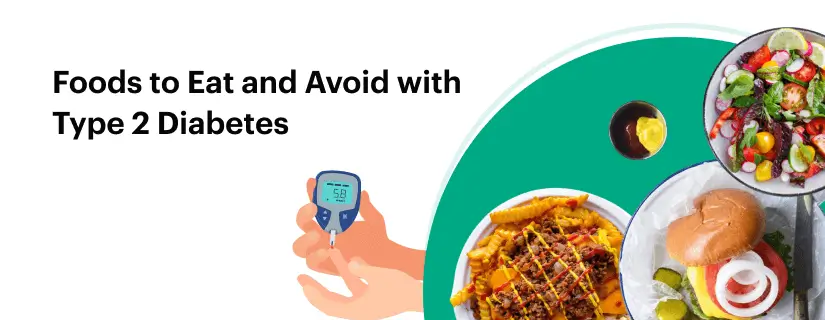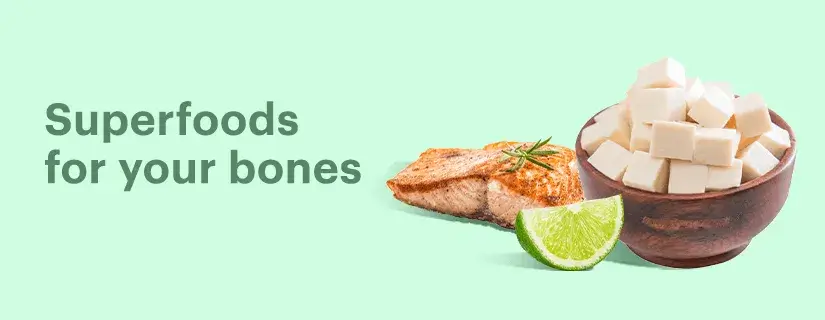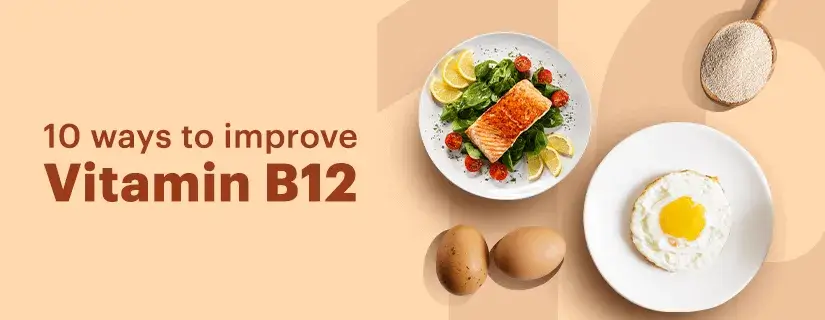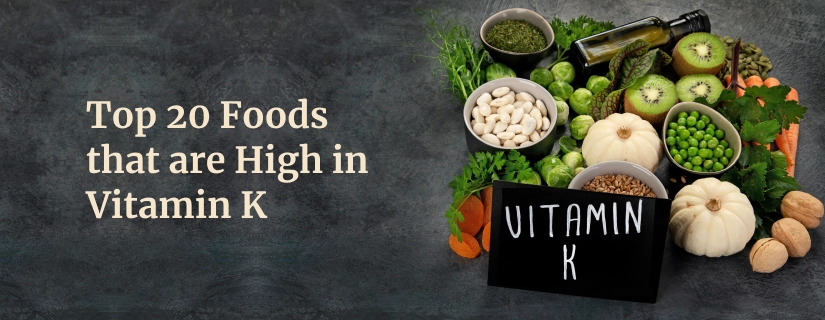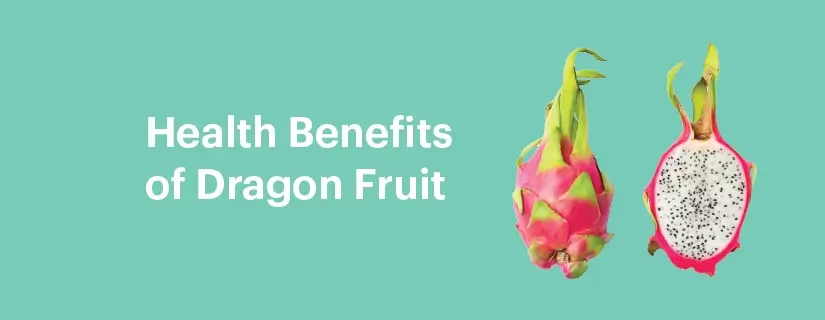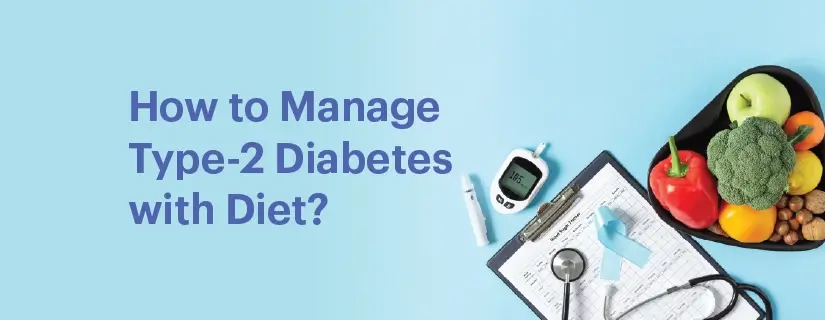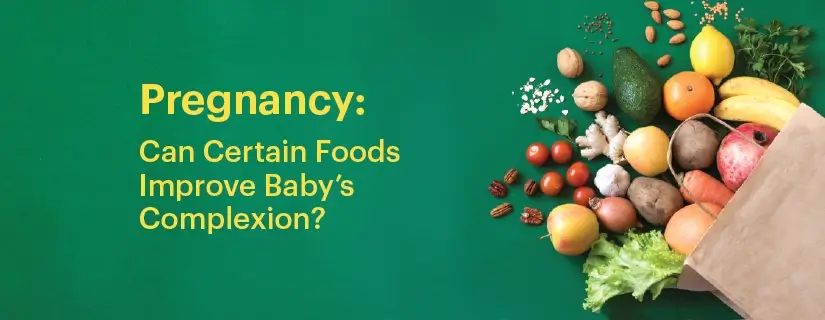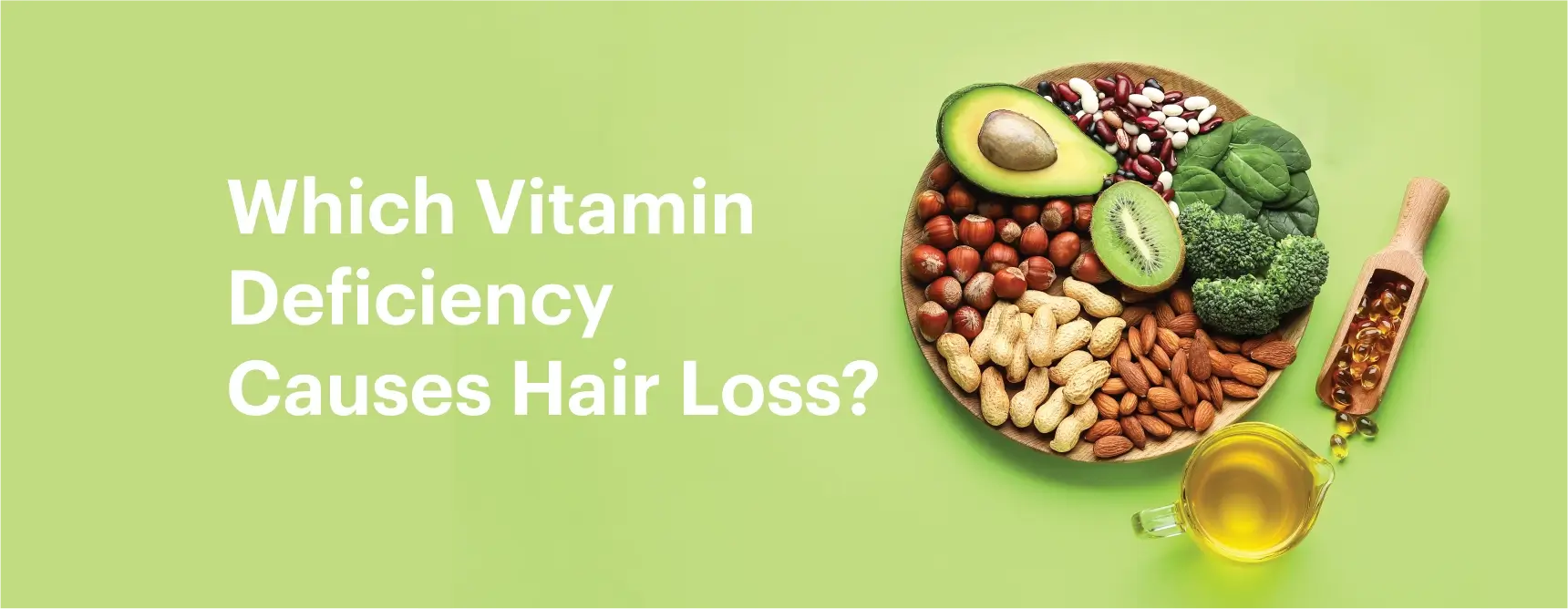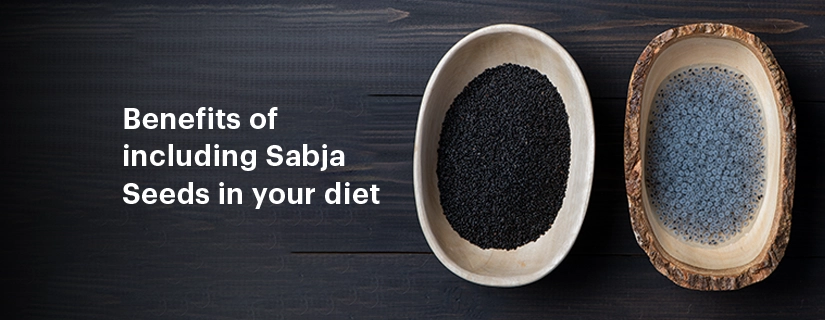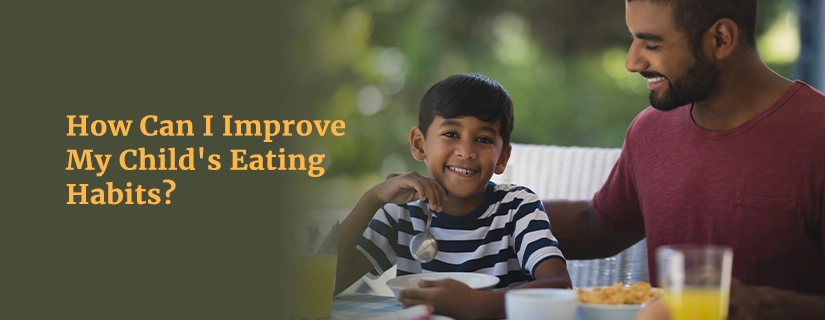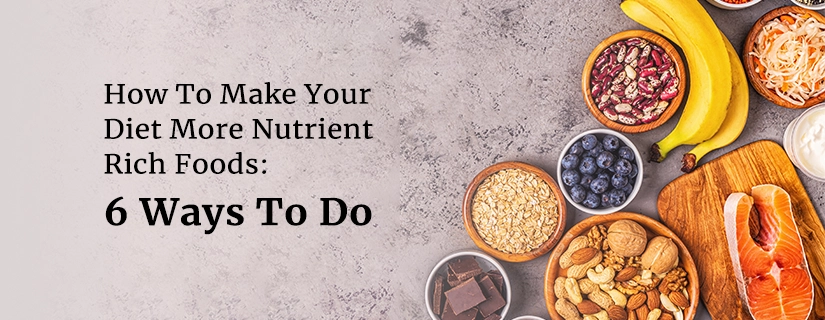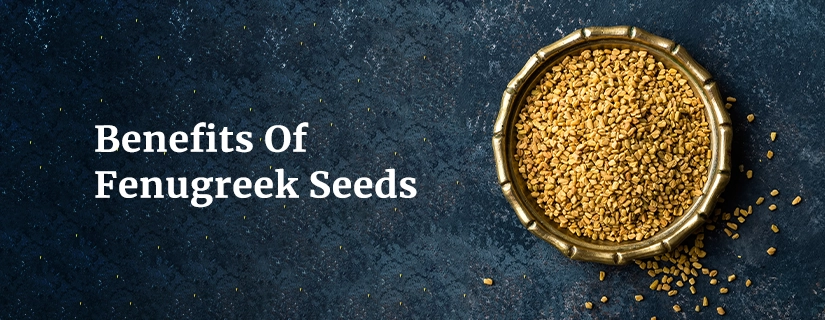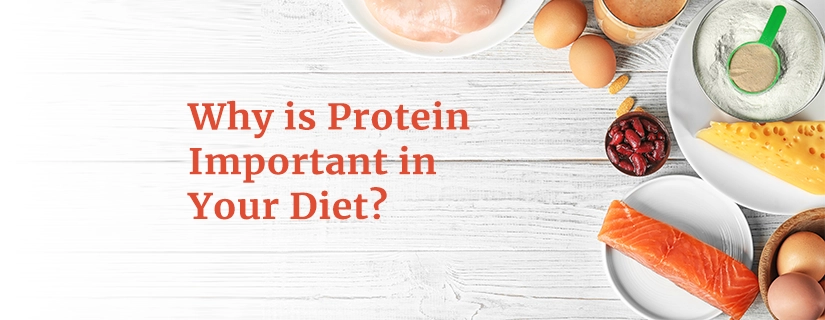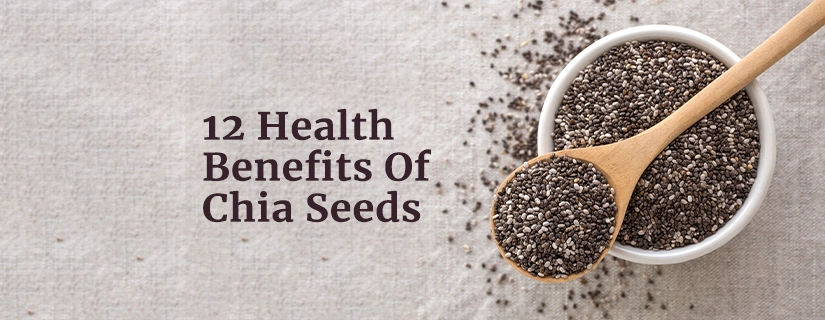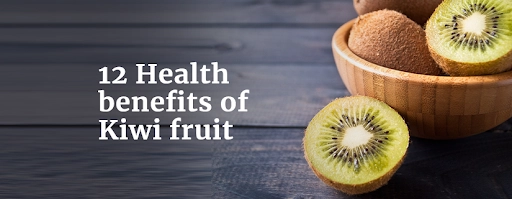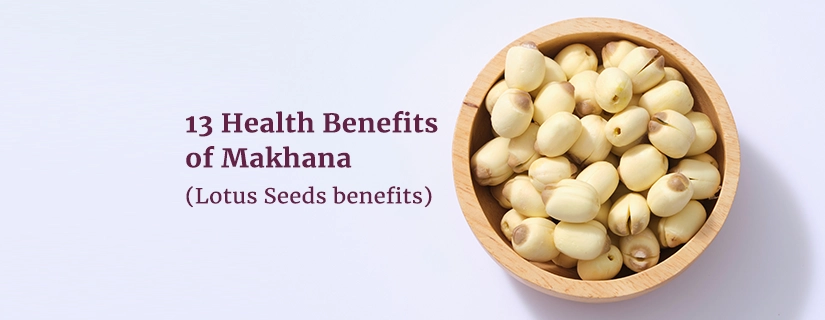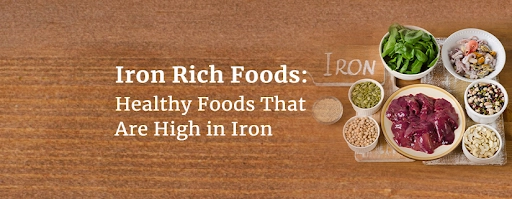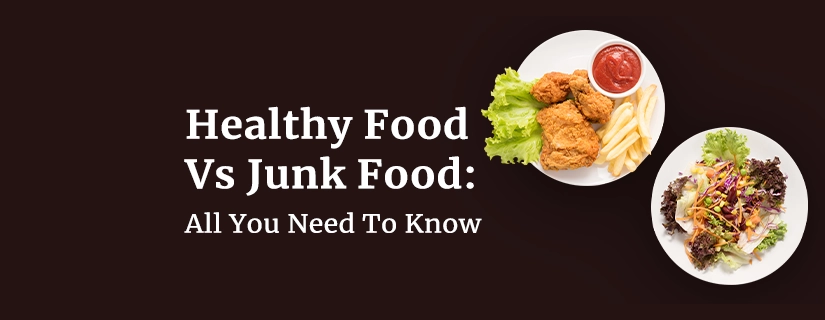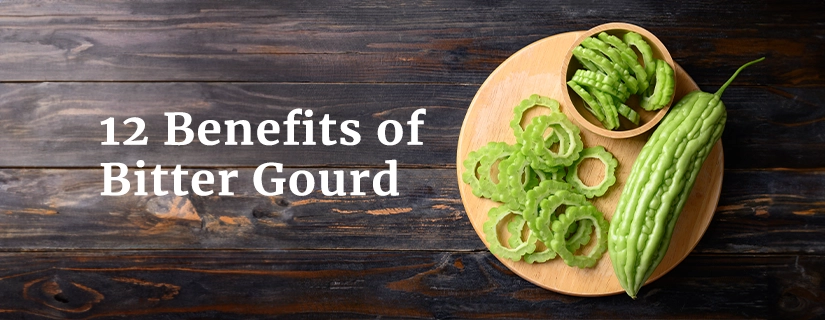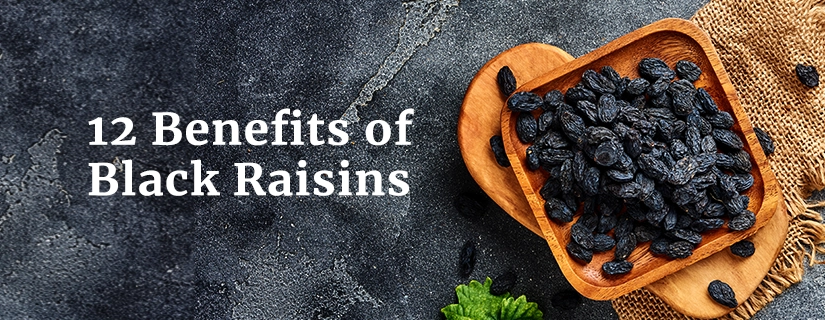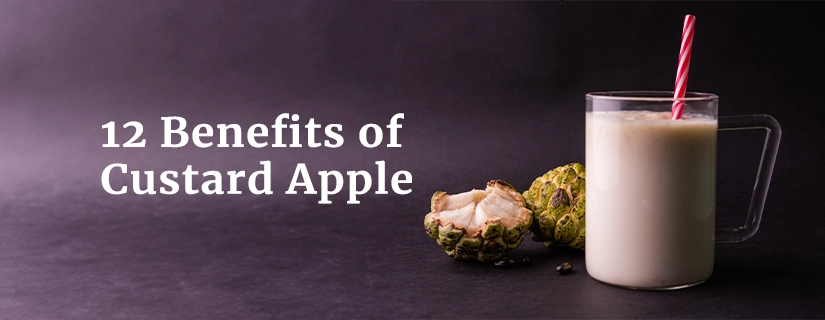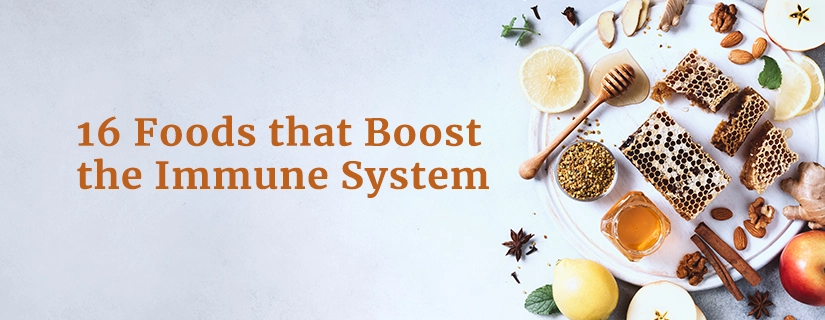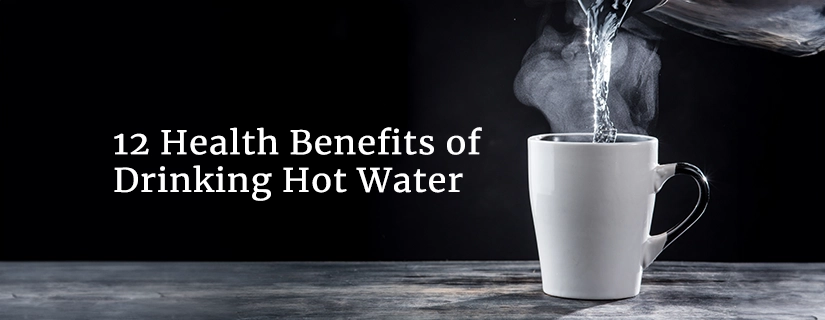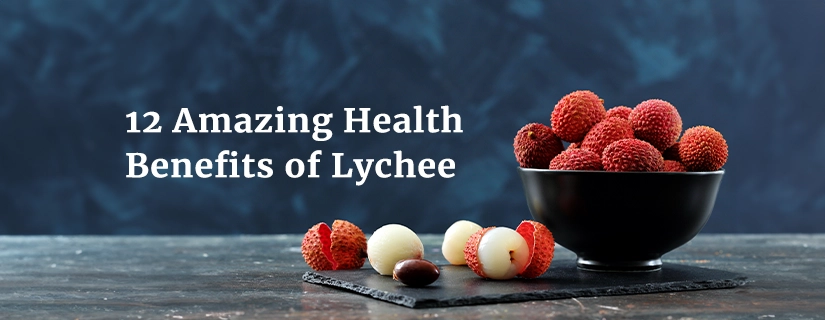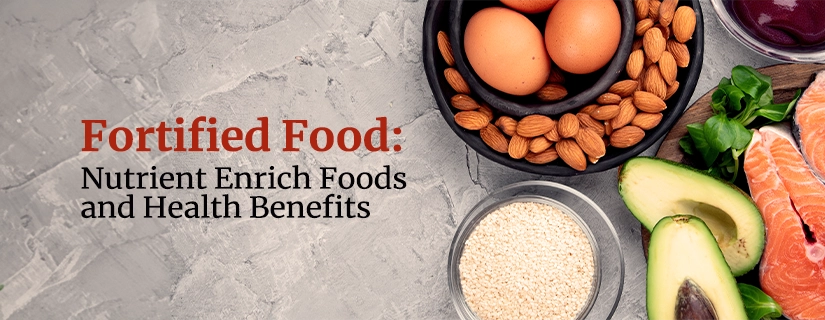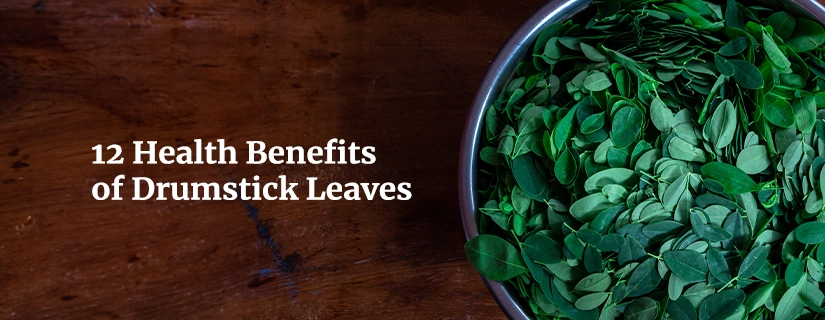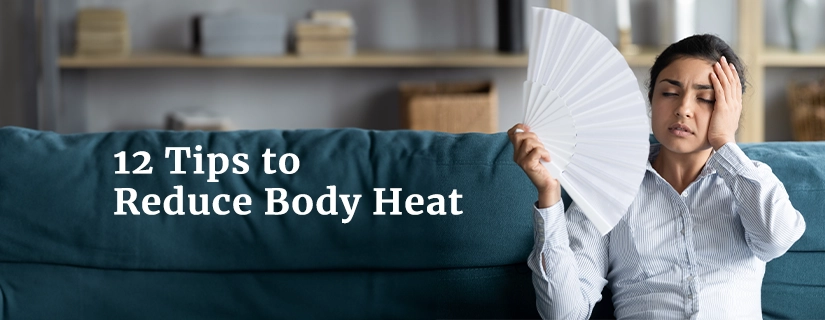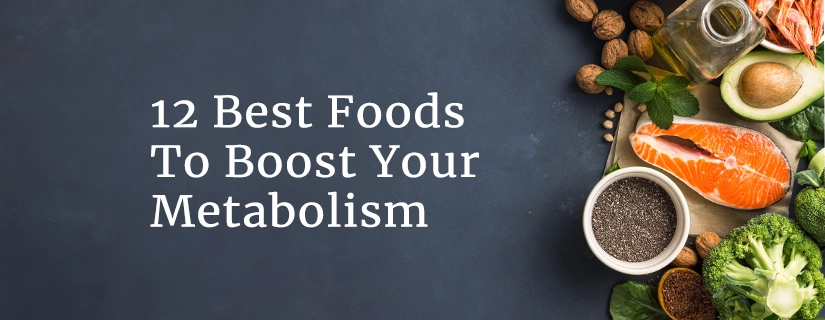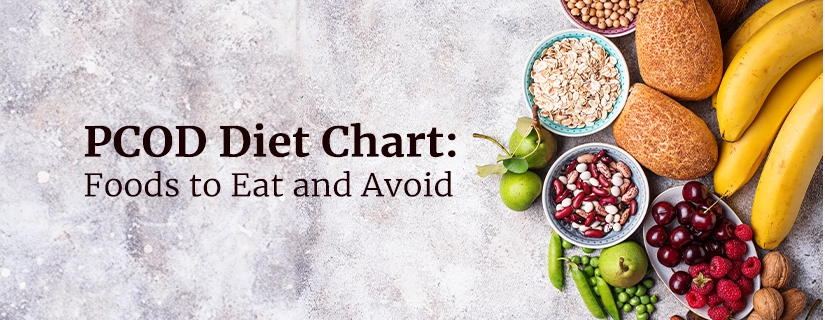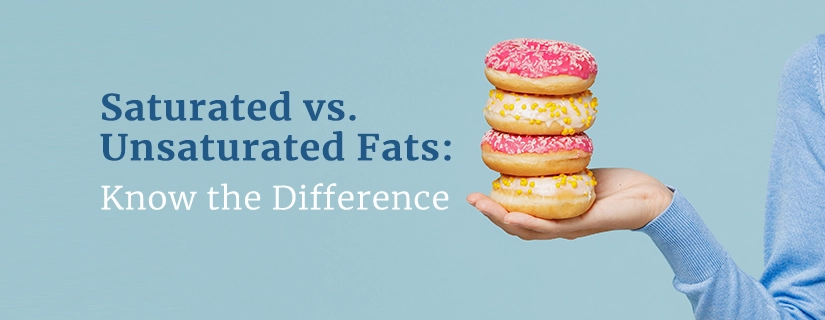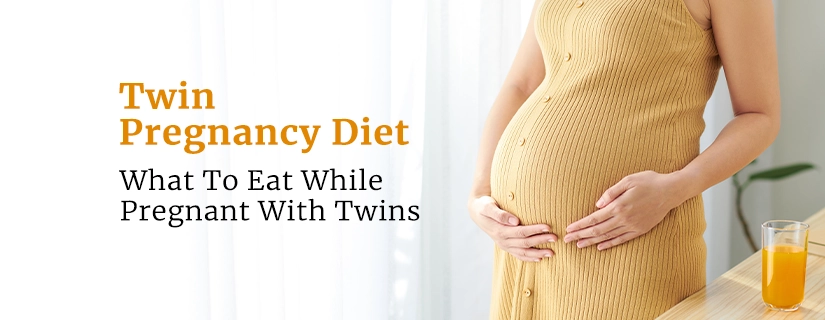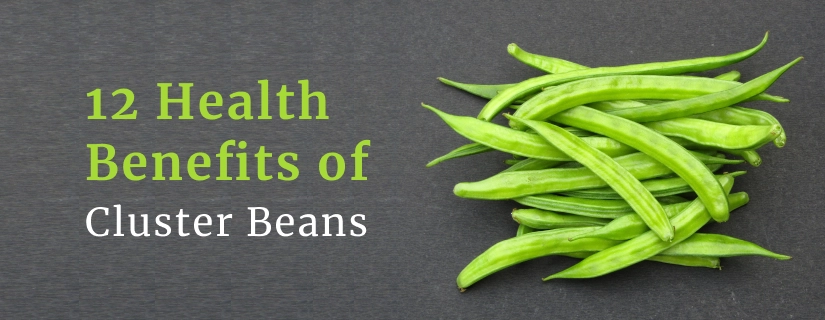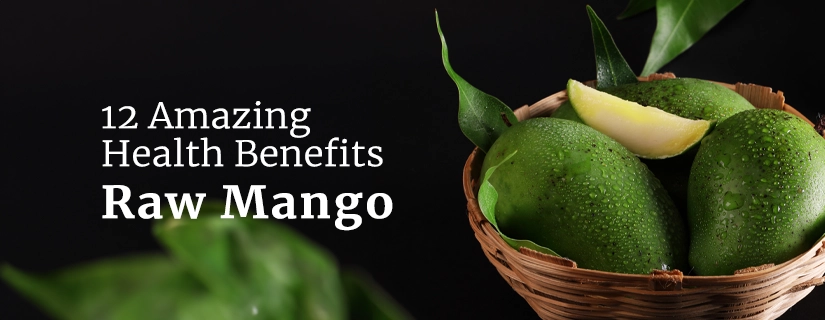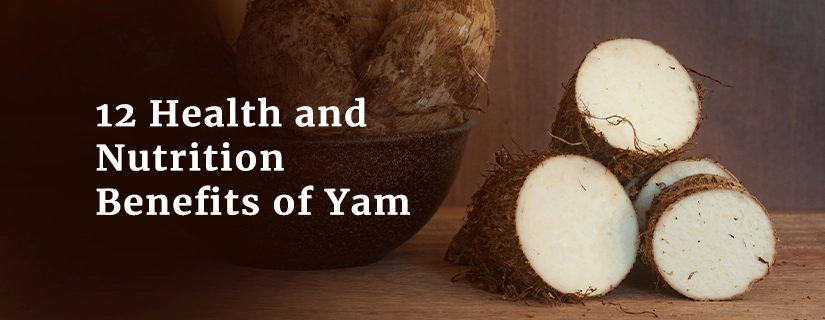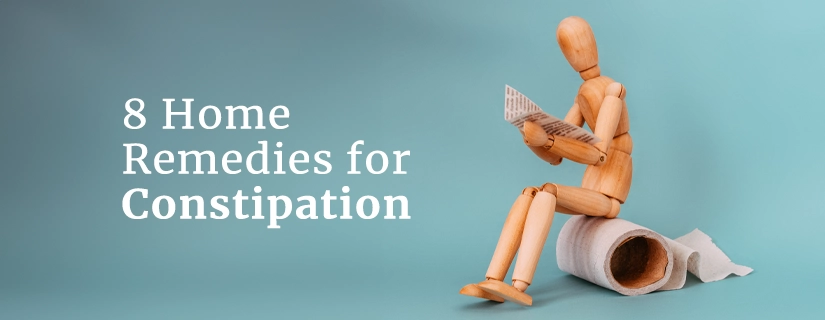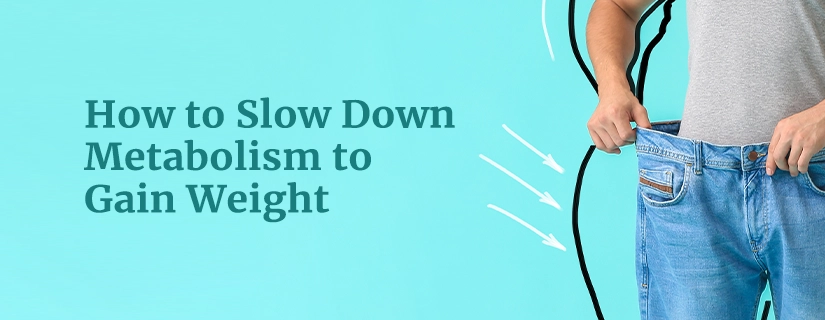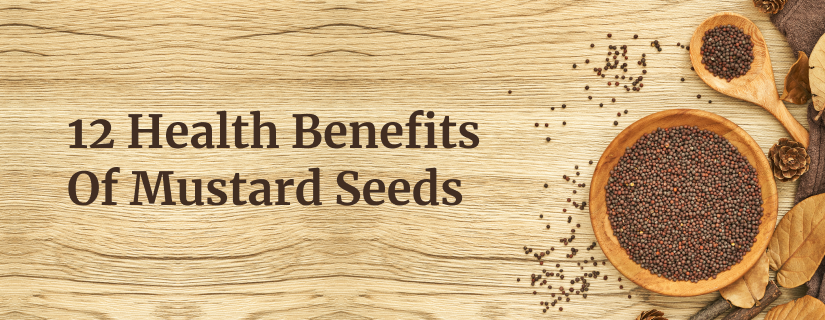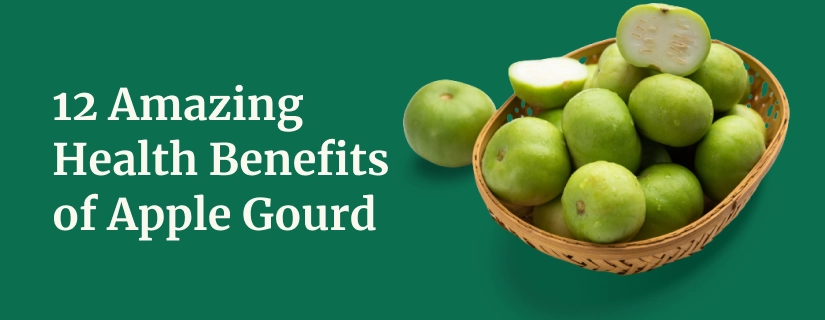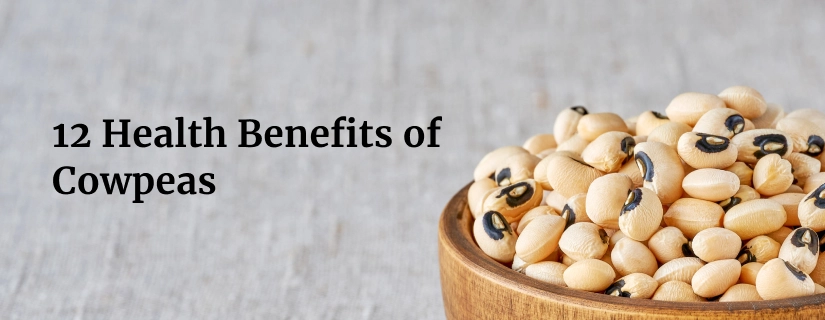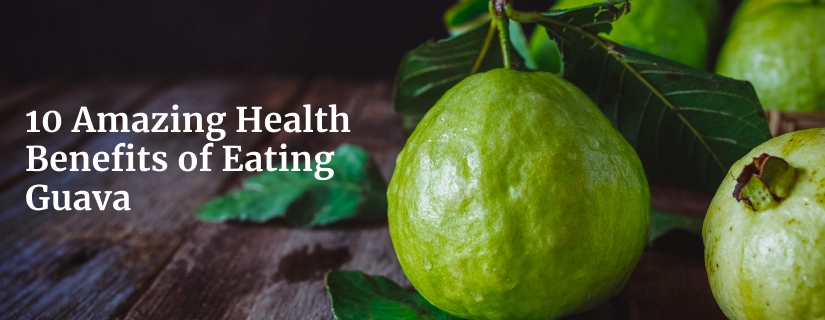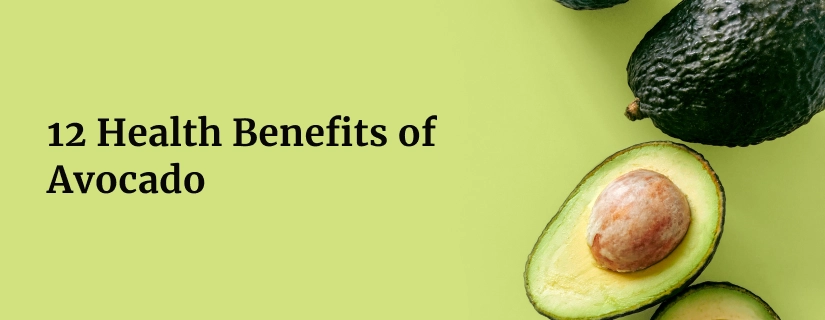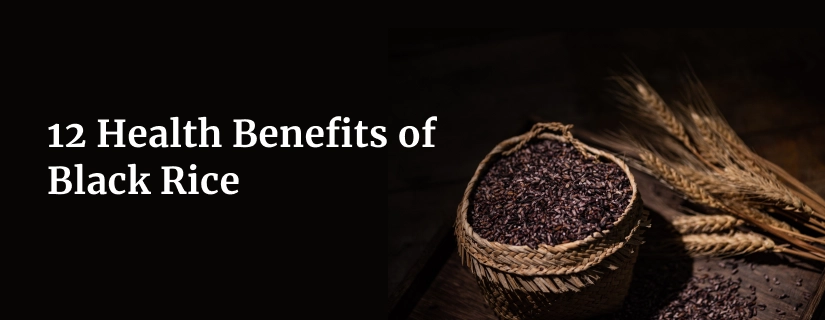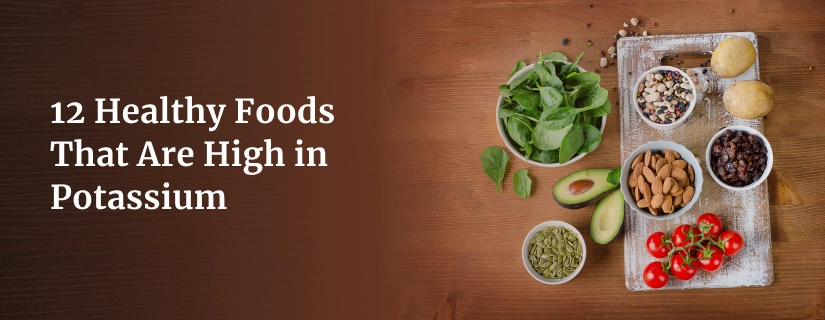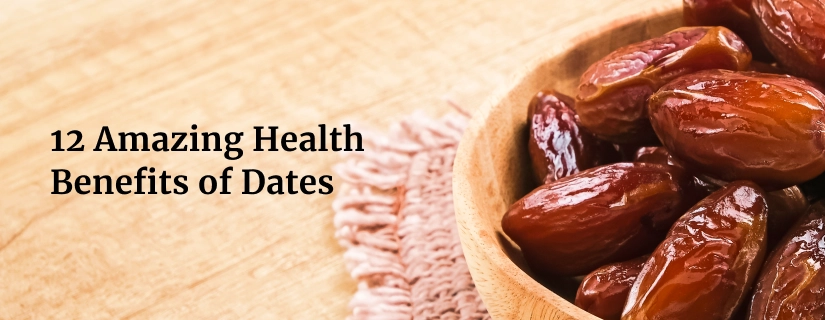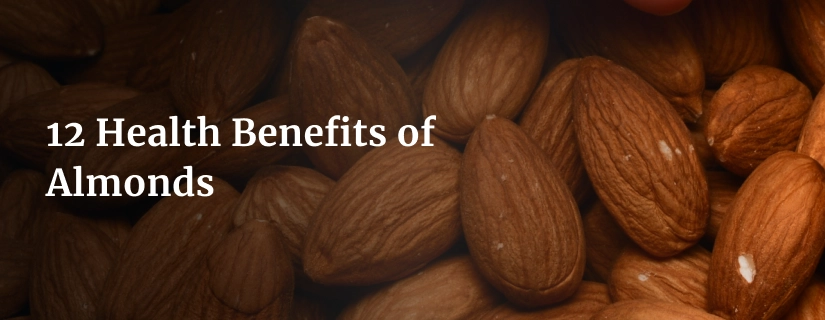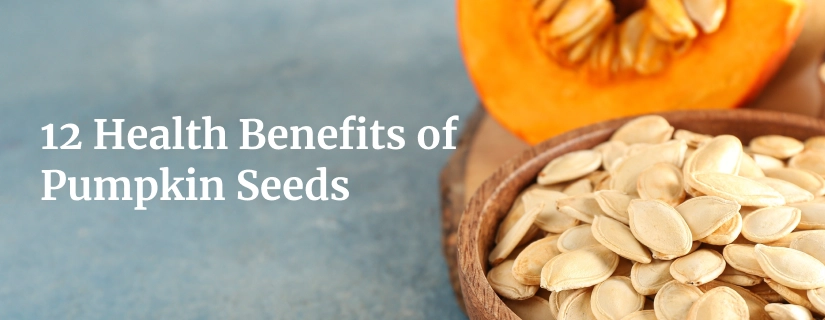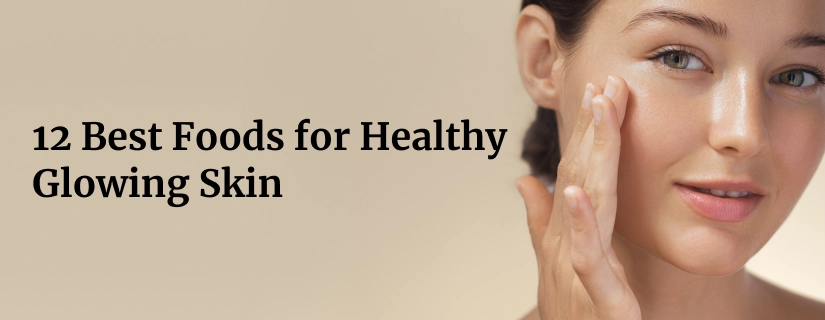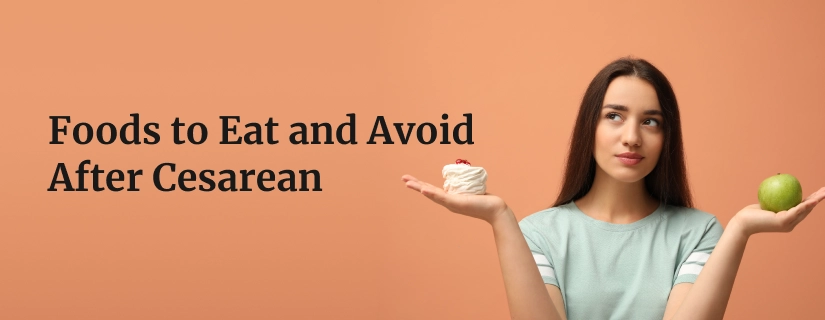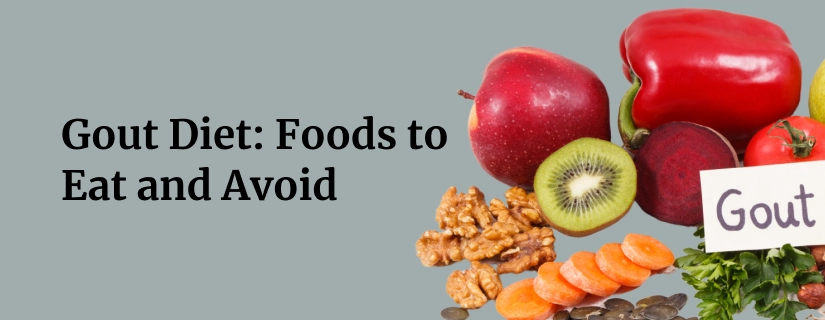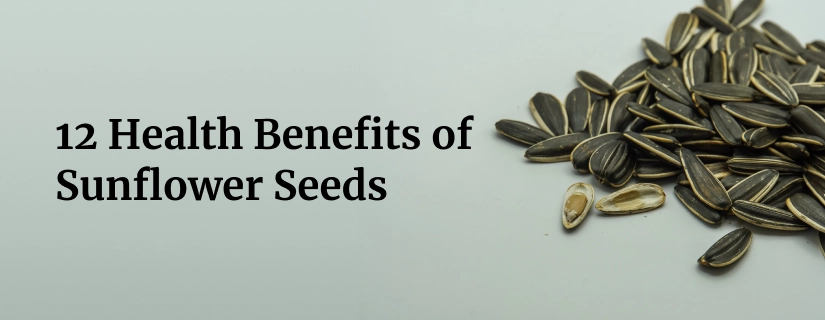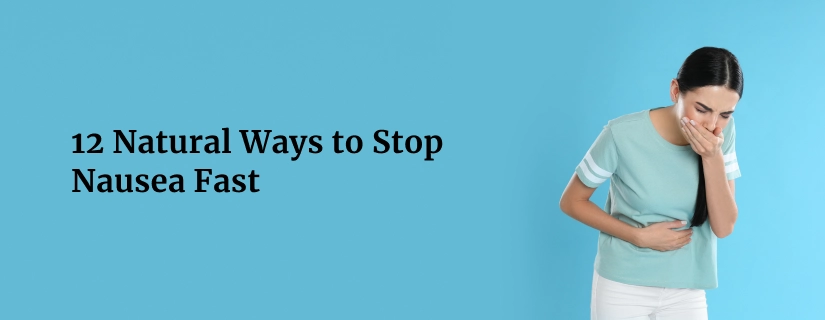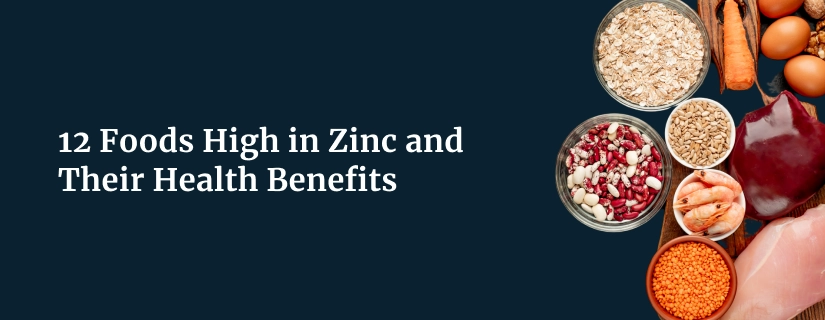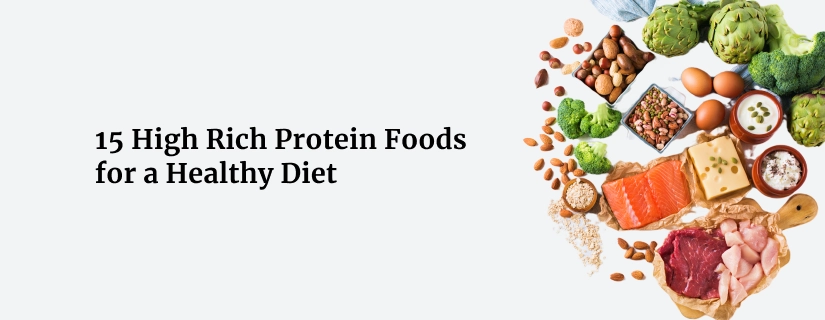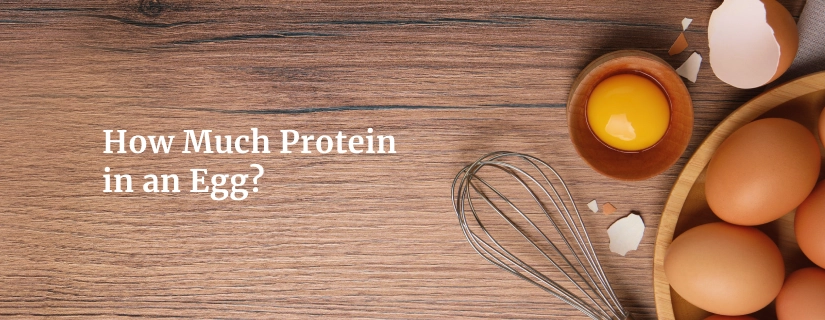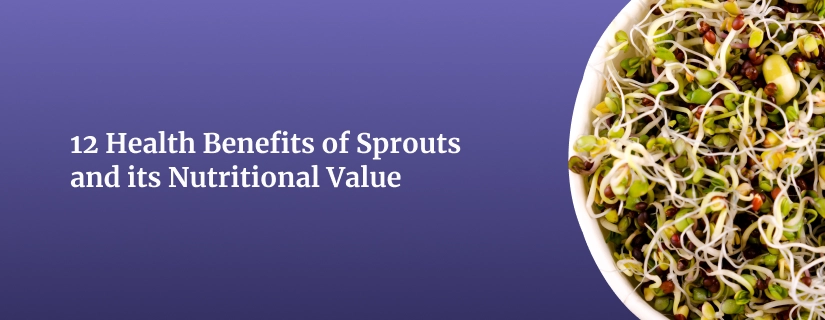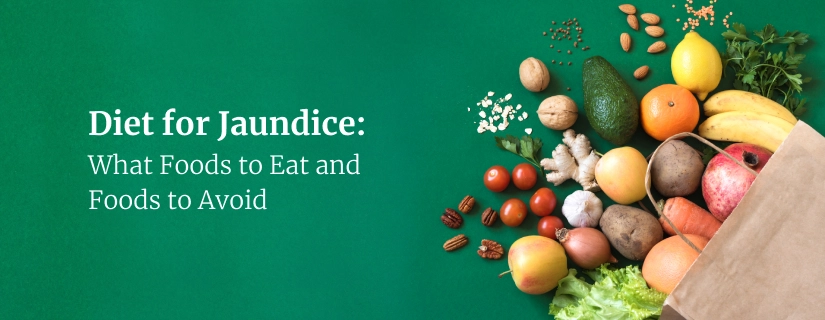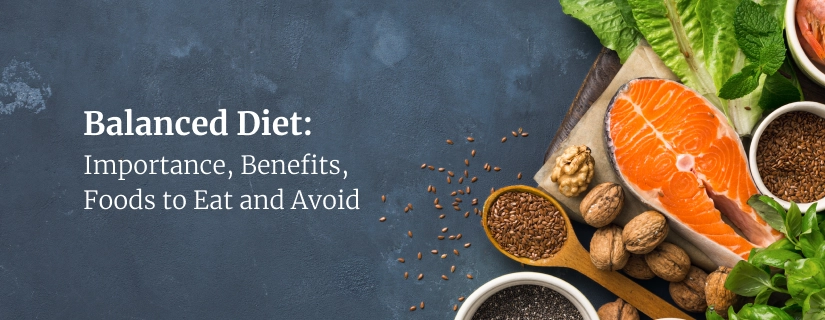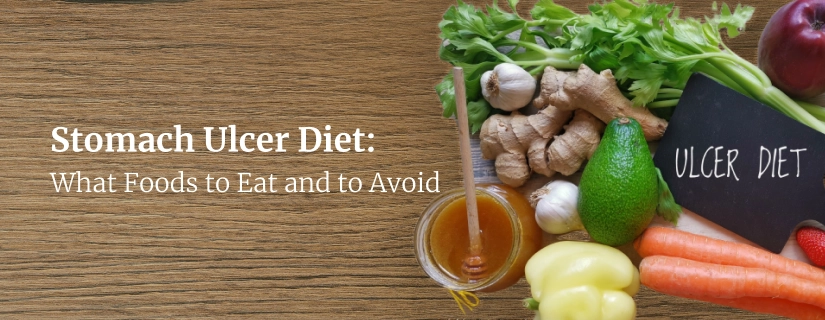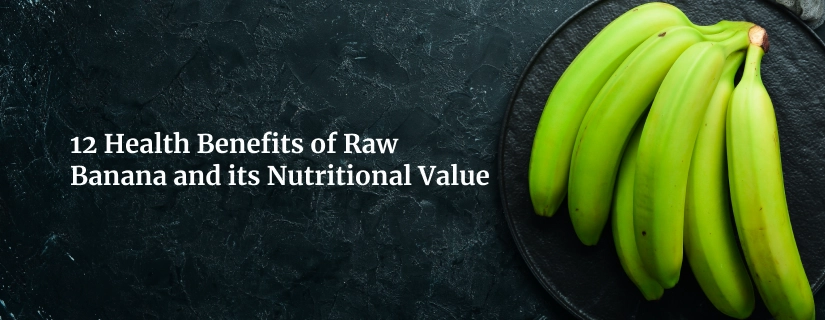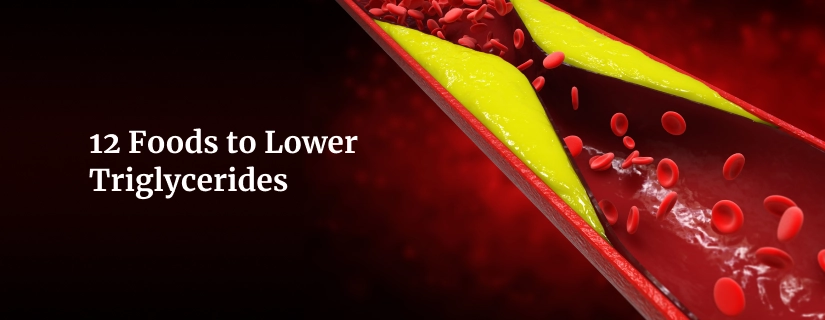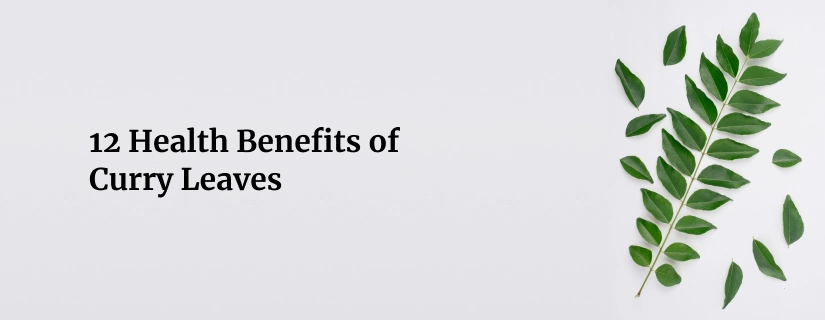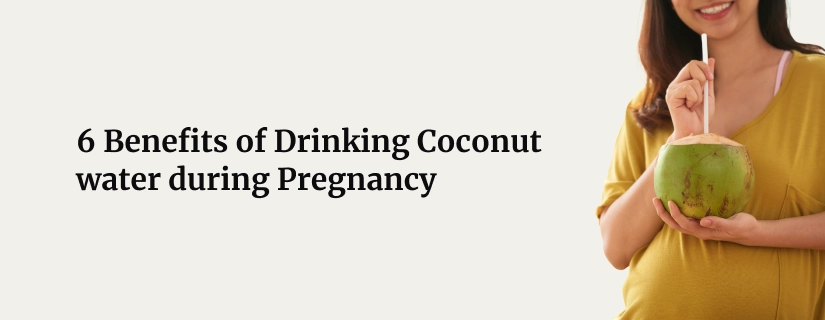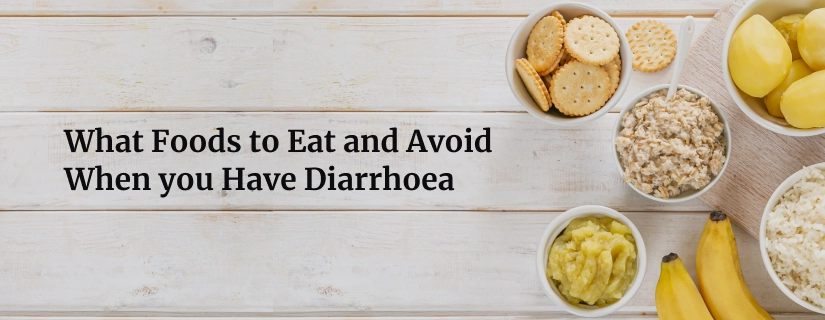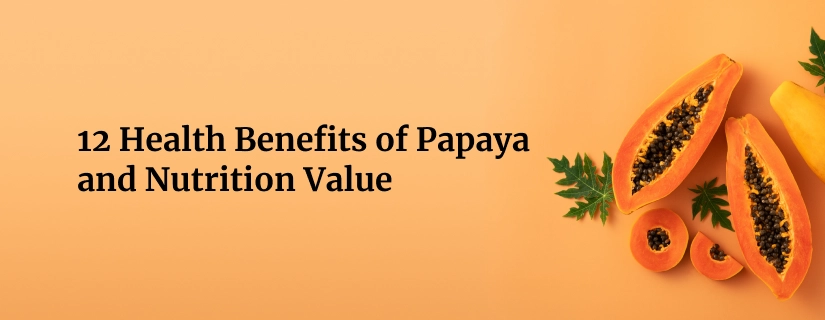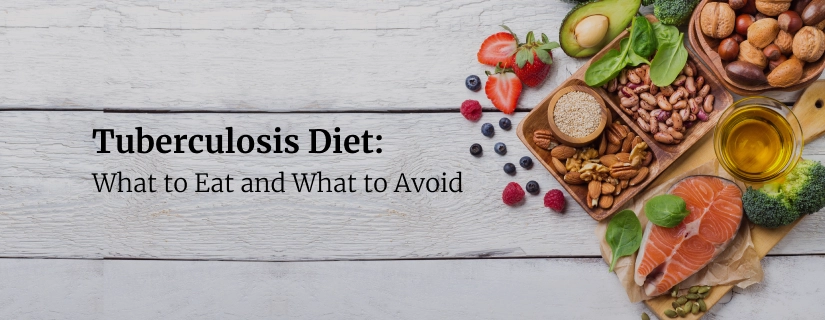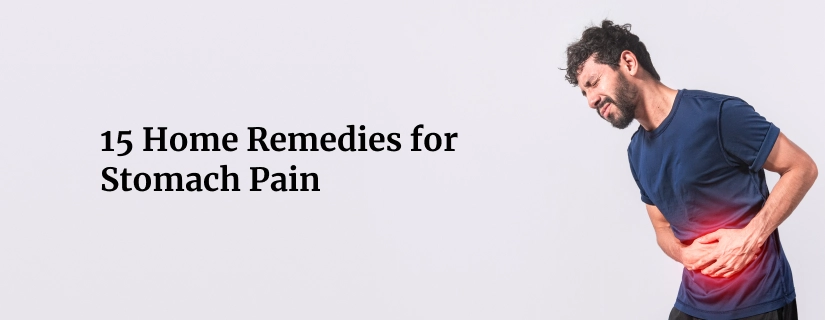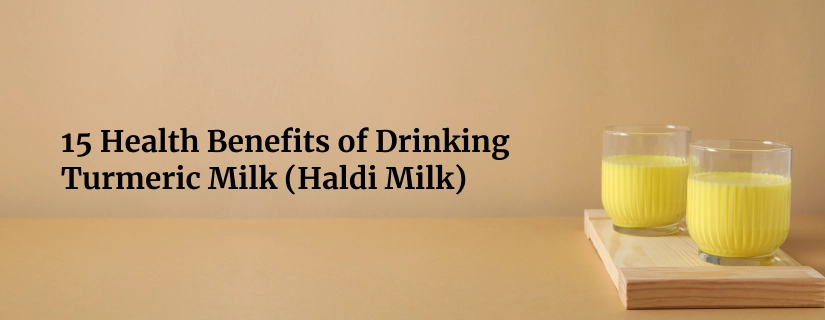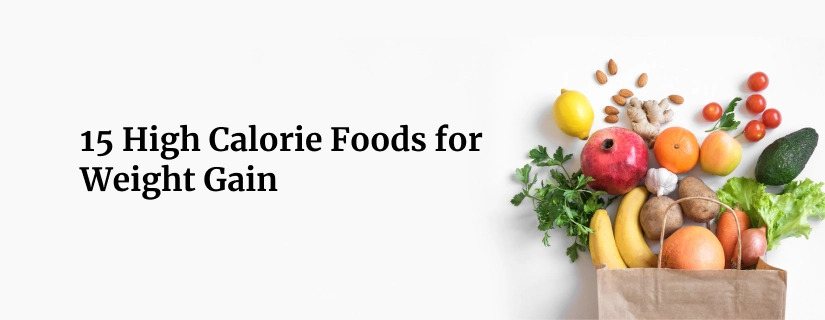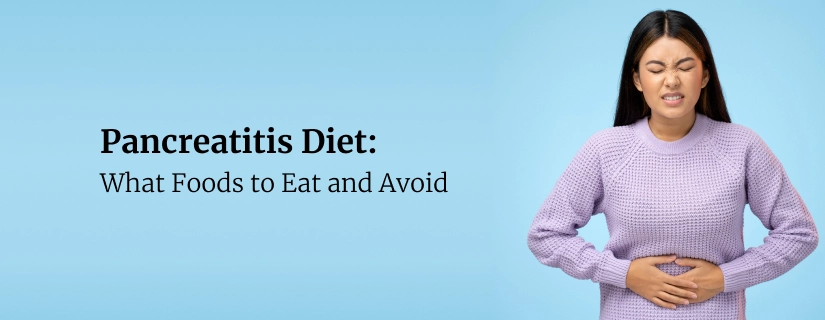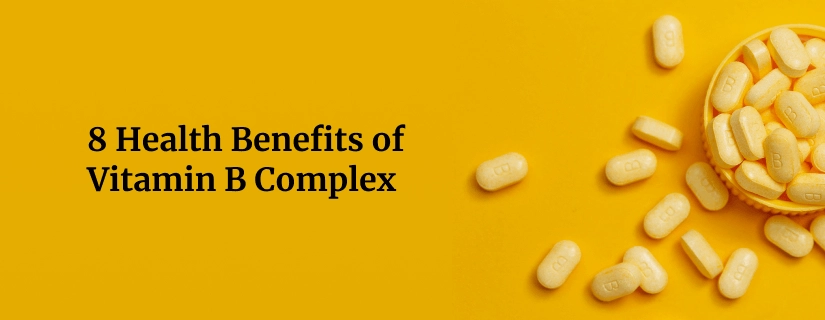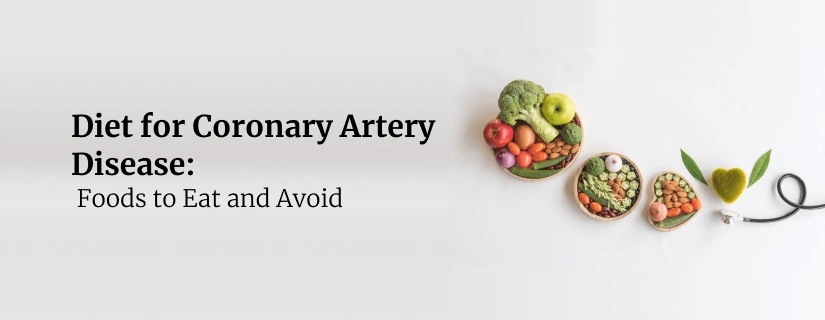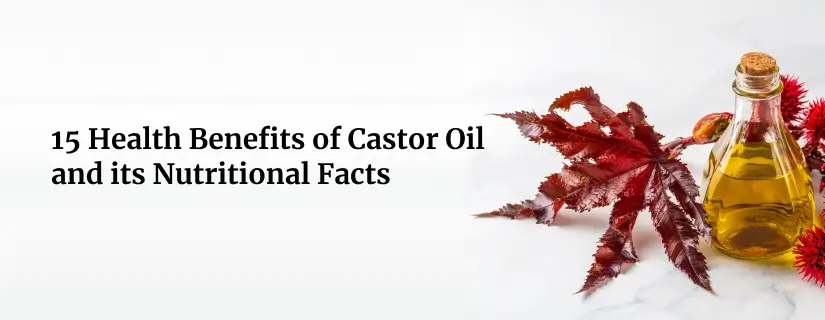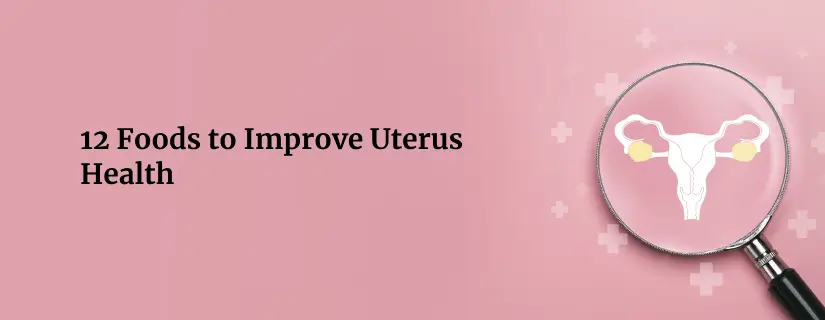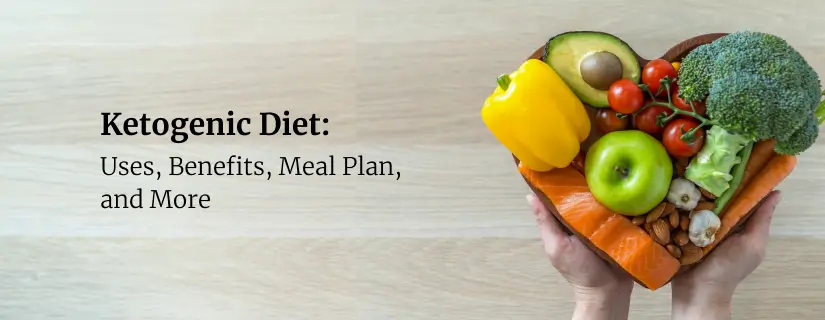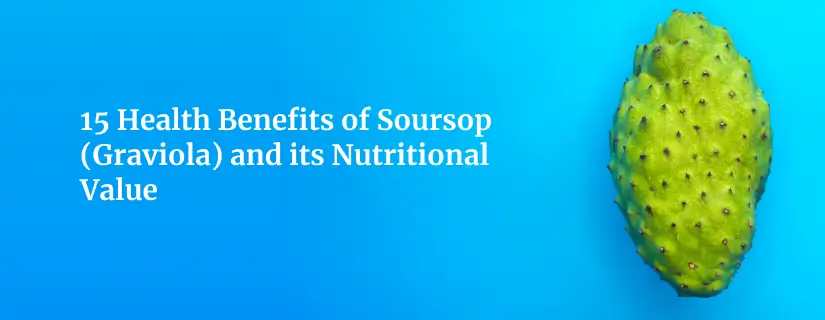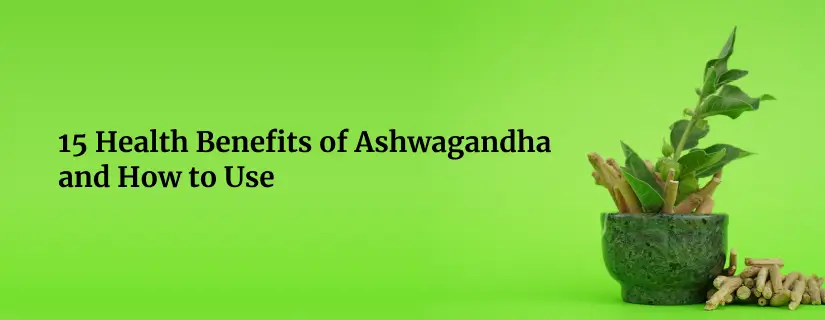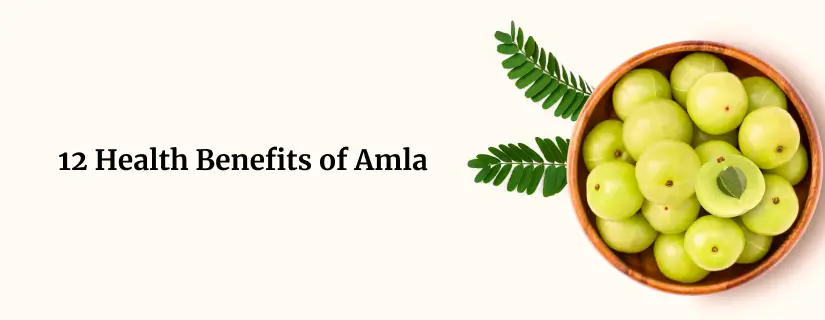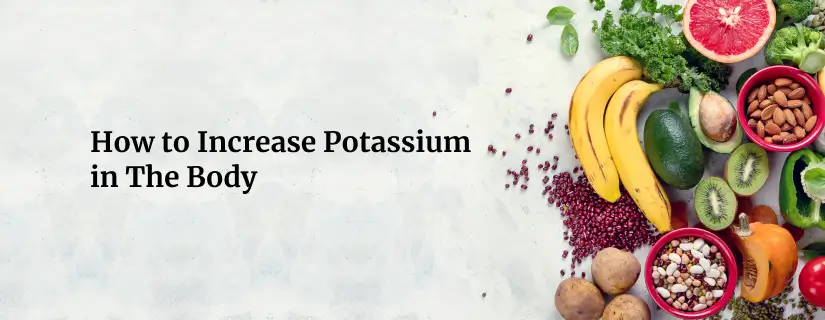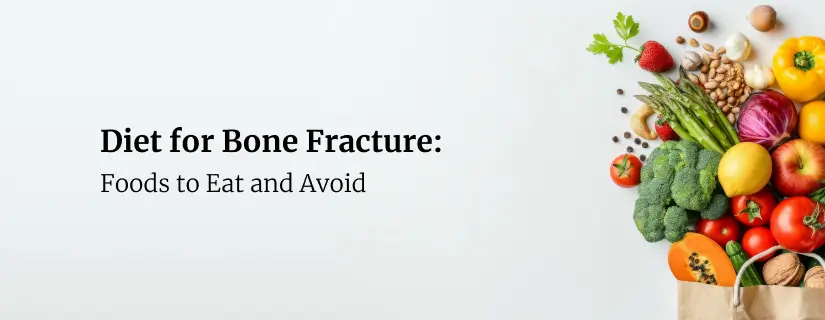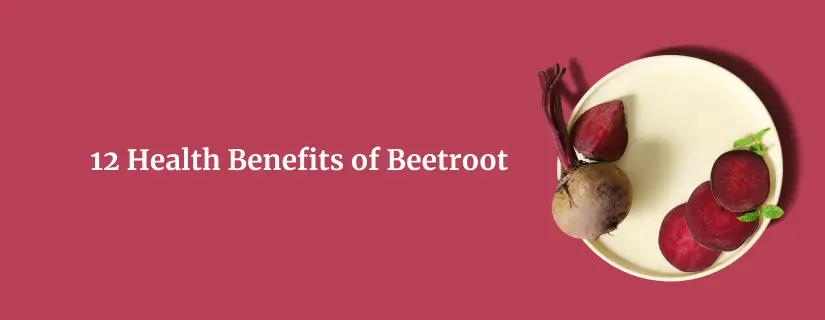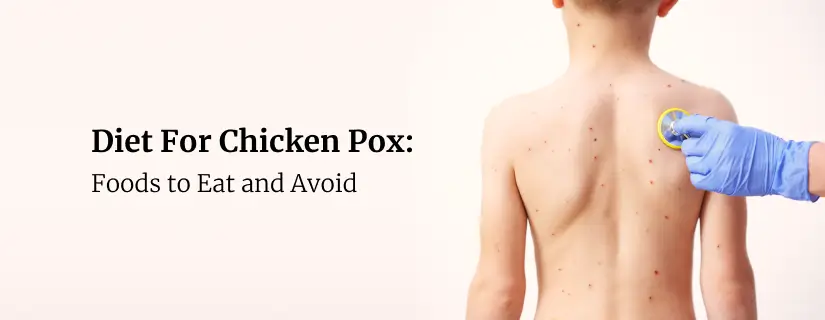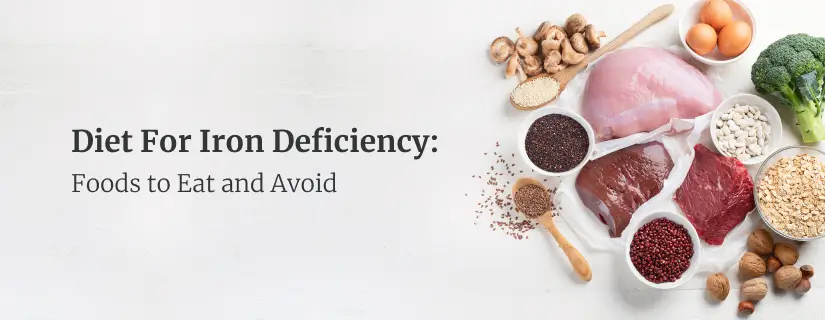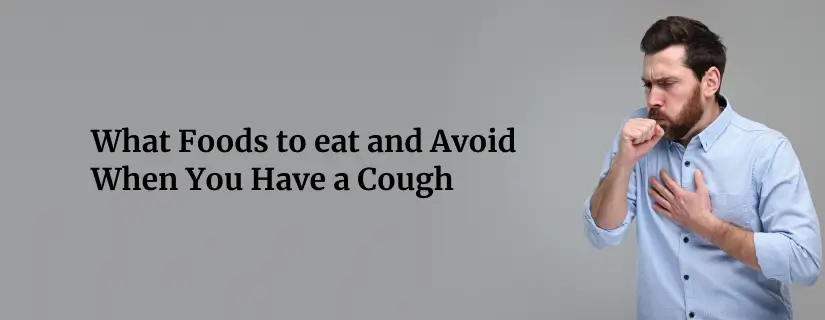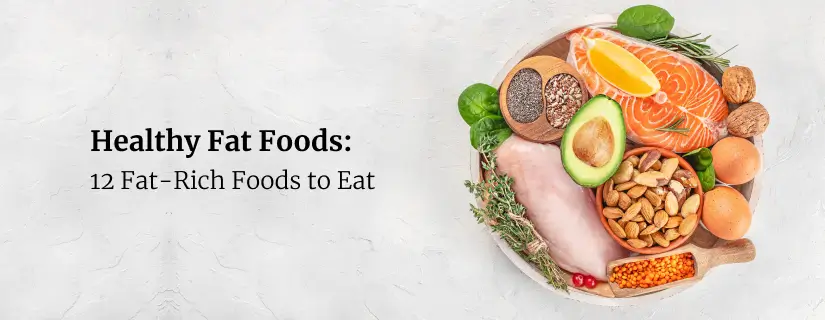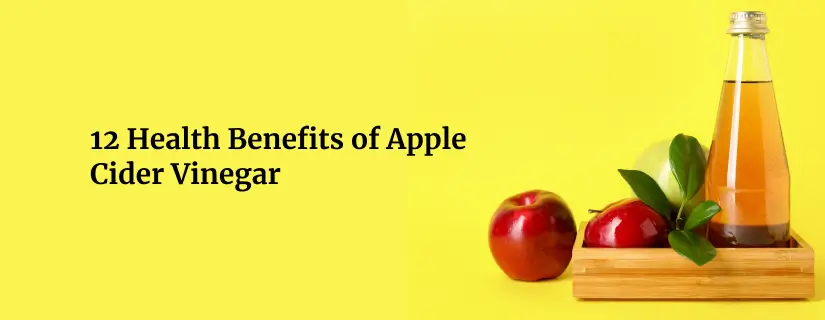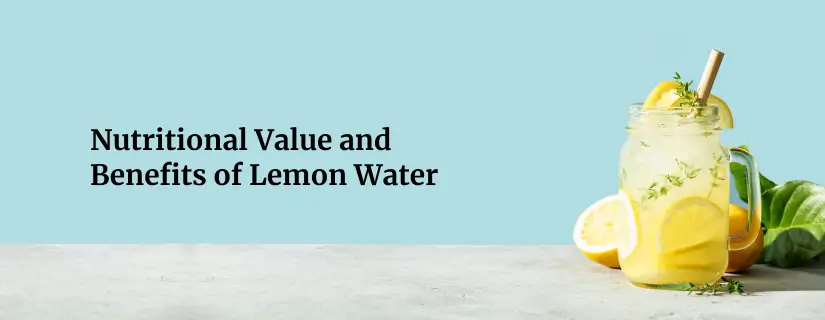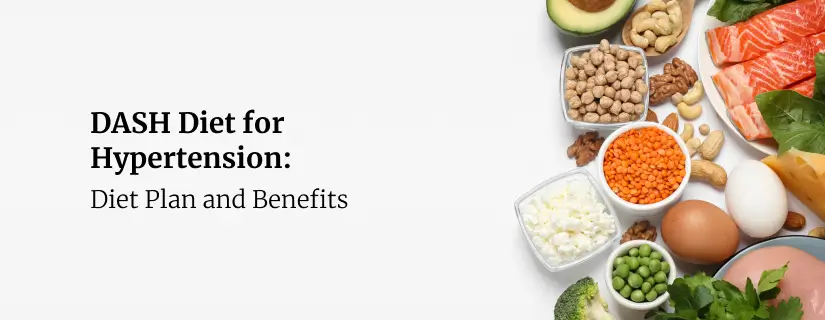-
Doctors
-
Specialities & Treatments
Centre of Excellence
Specialties
Treatments and Procedures
Hospitals & Directions HyderabadCARE Hospitals, Banjara Hills CARE Outpatient Centre, Banjara Hills CARE Hospitals, HITEC City CARE Hospitals, Nampally Gurunanak CARE Hospitals, Musheerabad CARE Hospitals Outpatient Centre, HITEC City CARE Hospitals, Malakpet
HyderabadCARE Hospitals, Banjara Hills CARE Outpatient Centre, Banjara Hills CARE Hospitals, HITEC City CARE Hospitals, Nampally Gurunanak CARE Hospitals, Musheerabad CARE Hospitals Outpatient Centre, HITEC City CARE Hospitals, Malakpet Raipur
Raipur
 Bhubaneswar
Bhubaneswar Visakhapatnam
Visakhapatnam
 Nagpur
Nagpur
 Indore
Indore
 Chh. Sambhajinagar
Chh. SambhajinagarClinics & Medical Centers
Book an AppointmentContact Us
Online Lab Reports
Book an Appointment
Consult Super-Specialist Doctors at CARE Hospitals
Iron-Rich Foods: 9 Foods Packed With Iron
Updated on 3 October 2022
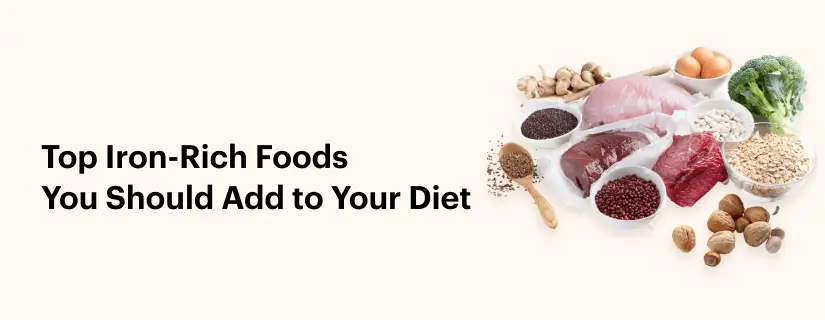
Table of Content
Iron (Fe) is an important mineral required by the body for proper functioning. Top Iron-Rich foods help in producing Red Blood Cells (RBCs) that supply oxygen to the different body parts. If iron is deficient in the body, it will lead to anaemia, weakness, headaches, irritability, and dizziness. An average person needs to consume 18 mg of iron every day, but the requirement may vary for people of different age groups.
The food that we eat offers iron in two different forms: non-heme and heme. Heme iron is offered in foods such as fish, poultry, and meat. The mineral is absorbed easily in this form by the body, and it helps to increase the level of iron in the body.
The other type of non-heme iron is offered by plant-based foods such as vegetables, nuts, and fruits. The absorption of this kind of iron is not easy, but eating vitamin C-rich foods with it can help in absorption.
You must add iron-rich foods to your daily food for better overall health. The foods that you must include in your diet are,
- Fruits: Mulberries and olives have high iron content, and one must include these fruits in the diet to increase the iron content. Olives and mulberries also provide vitamins, fibre, and nutrients that are good for heart health. These fruits also contain antioxidants that give protection against cancers, diabetes, and heart problems. You should also include pomegranate, sapota, custard apple, and watermelon to fulfil the demands of iron in your body.
- Whole Grains: Whole grains also contain high amounts of iron. They also offer other health benefits, as they help in controlling type 2 diabetes, heart disease, and obesity. Gluten-free Quinoa is also an excellent source of iron & other types of nutrients and keeps your body healthy. You can also include oats to fulfil your daily requirement for iron. Avoid eating processed grains because important minerals and vitamins get removed during their processing.
- Green Leafy Vegetables: Green leafy vegetables such as Swiss curd, collard (a type of cabbage), beet, and spinach are rich sources of iron. You can add healthy fats along with green leafy vegetables to help your body absorb carotenoids.
- Legumes: Lentils are a good source of iron, and other legumes also help to increase the iron level in your body. You can include peas, lentils, soybeans, and chickpeas to supply proper iron to your body. Legumes are also good sources of magnesium, potassium, and folate. They are rich in fibre and help to feel full for a long time. This will help in reducing calorie intake and will help you in losing weight.
- Red Meat: Red meat is a wonderful food that provides heme iron to the body and helps in reducing deficiency. People suffering from anaemia must eat red meat to supply a sufficient amount of iron to the body. Red meat is also a good source of proteins, selenium, and zinc.
- Pumpkin Seeds: Pumpkin seeds are also a good source of iron, zinc, manganese, and vitamin K. Seeds also provide magnesium to the body and help in reducing diabetes. You can eat pumpkin seeds any time to satisfy your hunger and get the iron you need.
- Beetroot: Another great source of iron along with Vitamin C, which is considered a good food for anaemia.
- Jaggery: Jaggery turns out to be a rich source of plant-based iron, which you should use in place of processed sugar.
- Plantain (Raw Banana): While bananas are rich in iron, it should be noted that raw ones are more apt with a higher iron absorption rate than cooked ones.
Along with the above food items, rice flakes, dry Fruits, and drumsticks are a great source of iron and should be included in your daily diet.
Benefits of Iron
Iron is an important mineral, and it has several health benefits. Iron helps our body in the following way,
- Helps to Strengthen the Immune System: Iron is required for producing red blood cells that help repair the damaged tissues and cells in the body. Thus, iron is required to strengthen the immune system. An adequate amount of iron in the body helps to fight against diseases. Therefore, you must eat a proper amount of iron to enhance the strength of your immune system.
- Improves Muscle Strength: The deficiency of iron is responsible for producing weak muscles. Eating iron-rich foods helps supply proper oxygen to the muscles. The deficiency of iron can cause muscle fatigue and inflammation. Muscle pain can be managed by increasing the intake of iron-rich foods.
- Improves Brain Function: Another important health benefit of iron is that it helps in improving brain function. The brain needs oxygen for proper function and sufficient levels of iron in the body help in improving brain function. Moreover, adequate iron levels in the body stimulate proper blood circulation.
Symptoms of Iron deficiency
Iron is an essential mineral that plays a vital role in the production of red blood cells and in carrying oxygen throughout the body. Iron deficiency, known as iron deficiency anemia, can lead to a range of symptoms. Here are some common symptoms of iron deficiency:
- Fatigue and Weakness: Feeling tired and lacking energy is a common symptom of iron deficiency. The body requires iron to produce hemoglobin, which carries oxygen to the tissues. Insufficient iron levels can result in decreased oxygen delivery, leading to fatigue and weakness.
- Pale Skin: Low iron levels can affect the production of red blood cells, resulting in paleness of the skin, particularly noticeable in the face, nails, and inside the lower eyelids.
- Shortness of Breath: Inadequate iron levels can impair the oxygen-carrying capacity of the blood, causing difficulty in breathing, especially during physical exertion.
- Headaches and Dizziness: Insufficient oxygen supply to the brain due to low iron levels can lead to headaches, lightheadedness, and dizziness.
- Cold Hands and Feet: Reduced blood flow and oxygenation caused by iron deficiency can result in a feeling of coldness in the extremities, such as the hands and feet.
- Brittle Nails and Hair Loss: Insufficient iron can cause brittle nails that may become thin, concave (koilonychia), or develop ridges. Additionally, hair loss or thinning may occur as a result of poor iron stores.
Causes of Iron deficiency
The causes of iron deficiency can vary but commonly include:
- Inadequate Dietary Intake: Consuming a diet low in iron-rich foods can lead to iron deficiency. Plant-based diets, for instance, may require careful attention to ensure sufficient iron intake.
- Blood Loss: Chronic or excessive bleeding can deplete iron stores. Common causes include heavy menstrual periods, gastrointestinal bleeding (ulcers, polyps, or cancers), or frequent blood donation.
- Pregnancy and Breastfeeding: Iron requirements increase during pregnancy and breastfeeding, and if the intake does not meet the demand, iron deficiency can occur.
- Malabsorption Disorders: Certain medical conditions like celiac disease, inflammatory bowel disease, or gastric bypass surgery can impair iron absorption in the intestines, leading to deficiency.
Conclusion
Eating foods rich in iron helps maintain adequate levels of iron in your body. In short, it helps improve the immune system, and muscular strength, brain function and offers other health benefits to the body. Hence, be sure to add it to your balanced diet or consult your doctor from the best Dietitian & Nutrition Hospital in Hyderabad for the optimum amount you need per day.

ENQUIRY FORM
SELECT CATEGORIES
-
Neurosciences (16)
-
Neurology (38)
-
Neurosurgery (14)
-
Orthopaedics (48)
-
Oncology (33)
-
Obstetrics and gynecology (52)
-
Pulmonology (23)
-
Urology (20)
-
Nephrology (13)
-
Psychiatry (7)
-
Dietetics and Nutrition (111)
-
General Medicine (63)
-
Cardiac Sciences (32)
-
Vascular & Endovascular Surgery and Interventional Radiology (15)
-
Gastroenterology (46)
-
Endocrinology (23)
-
Plastic Surgery (10)
-
Critical Care Medicine (5)
-
COVID-19 (16)
-
Dermatology (16)
-
Emergency Care (1)
-
Ophthalmology (4)
-
Pediatrics (14)
-
Laparoscopic and Bariatric Surgery (8)
-
ENT (15)
-
Kidney Transplant (1)
-
Liver Transplantation and Hepatobiliary Surgery (5)
-
General Surgery (3)
-
Internal Medicine (5)
-
Medicine Information
15 Healthy Foods Rich in Calcium
Role of hormones in each phase of the menstrual cycle
YOU MAY ALSO LIKE
RECENT BLOGS
-

Rotablation Angioplasty: Benefits, Treatments, And Recovery Time
6 February 2026
Read More
-

What Is The Difference Between IUI and IVF?
6 February 2026
Read More
-
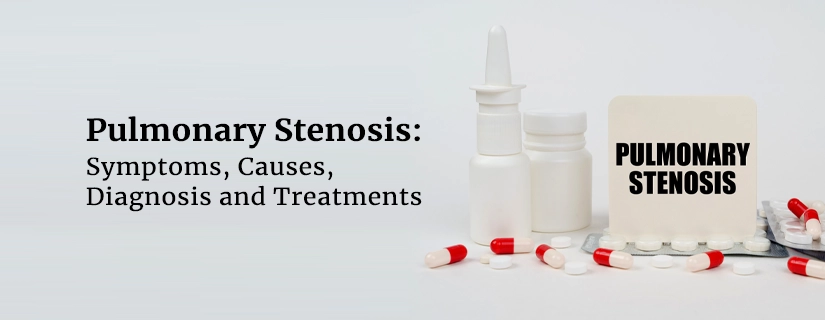
Pulmonary Stenosis: Symptoms, Causes, Diagnosis and Treatments
6 February 2026
Read More
-
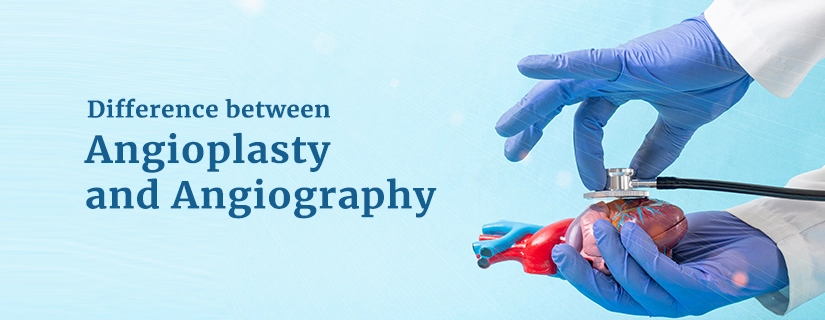
Difference between Angioplasty and Angiography
6 February 2026
Read More
-
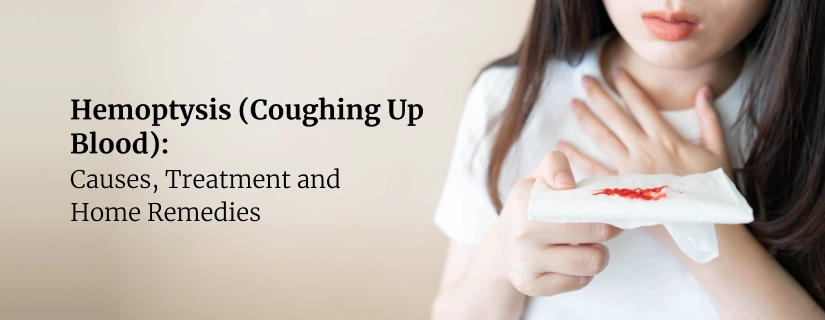
Hemoptysis (Coughing Up Blood): Causes, Treatment and Home Remedies
2 February 2026
Read More
-
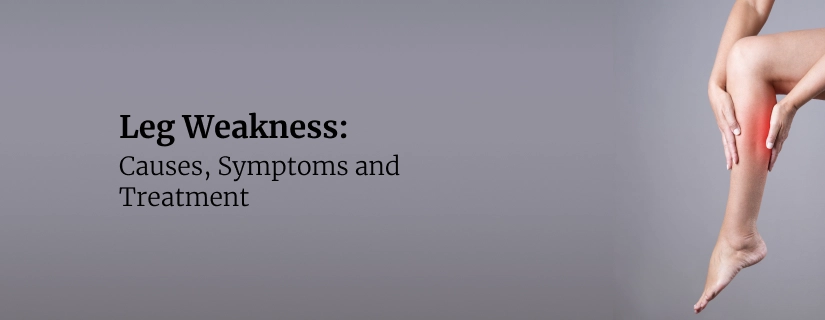
Leg Weakness: Causes, Symptoms and Treatment
9 January 2026
Read More
-

Back Pain After C-Section: Causes and Home Remedies
9 January 2026
Read More
-

Belly Button Pain (Periumbilical Pain): Causes, Treatment and When to See a Doctor
9 January 2026
Read More
Have a Question?
If you cannot find answers to your queries, please fill out the enquiry form or call the number below. We will contact you shortly.





